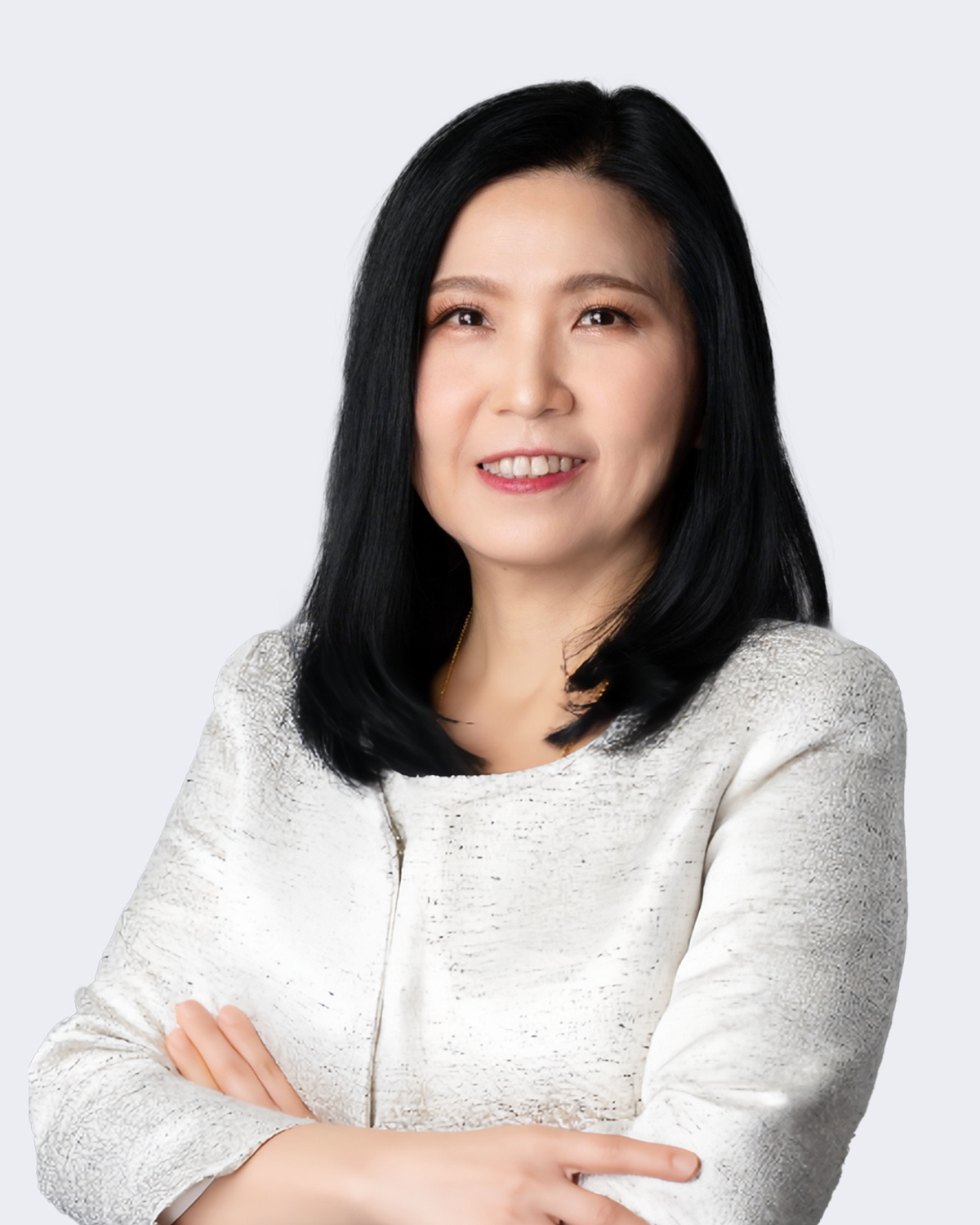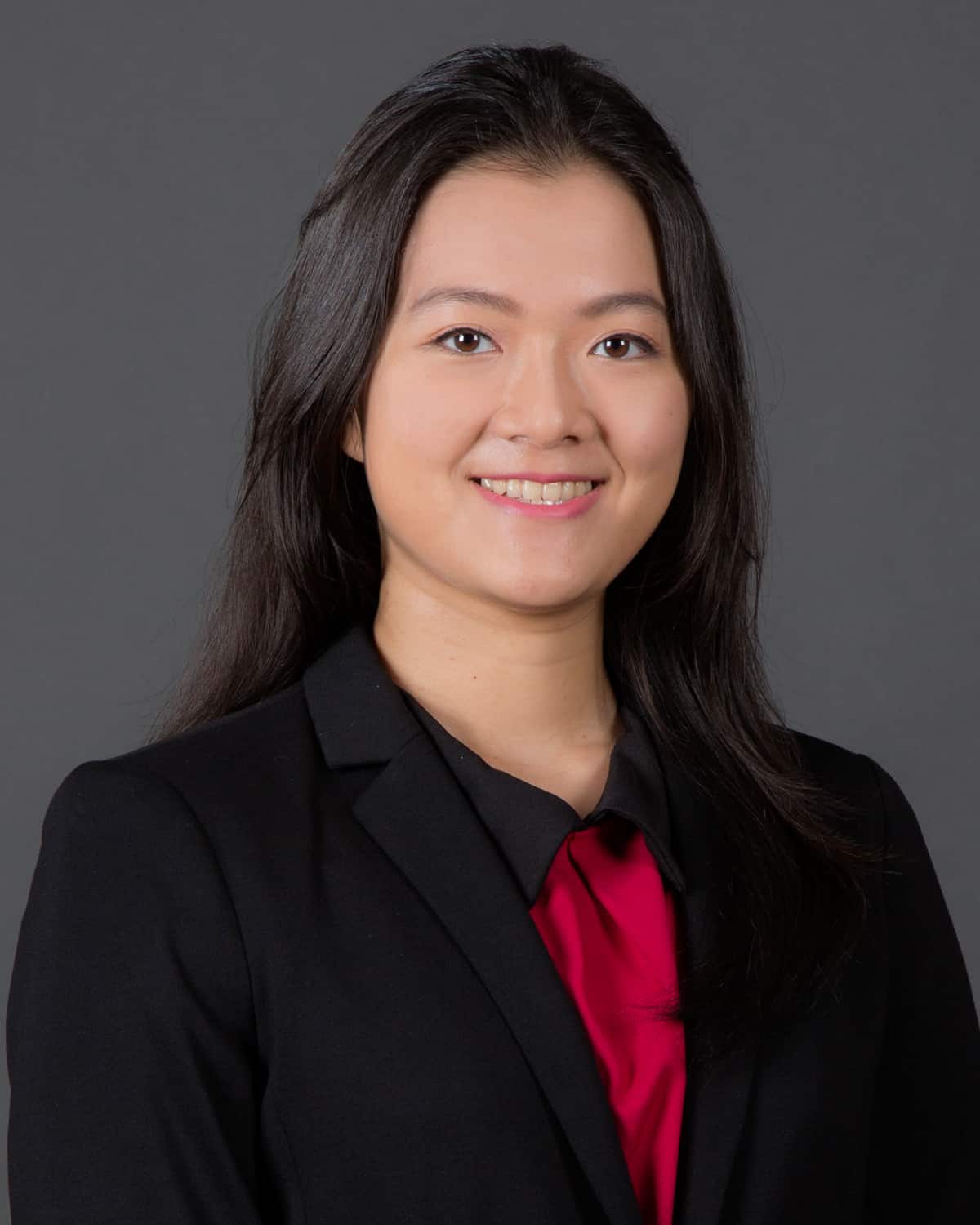As the issue of counterfeiting continues to evolve, savvy brand owners are taking innovative approaches to intellectual property protection to meet their shifting needs. One such approach aims to resolve a key issue faced by brand owners: the variable effectiveness of government officials in taking action against counterfeits. Companies face understandable frustration when they perceive that different government agencies or officials may be less effective in enforcing the law, and they too often feel as though this issue is outside of their control. But forward-thinking companies can help to change this. By providing educational instruction to the frontline officers and authorities that are directly involved in combatting counterfeiting, brand owners can help to improve the capabilities of the relevant officials, while also building an excellent relationship with the key agencies involved in the process.
Every year we arrange numerous training events for authorities across the region, in collaboration with leading brand owners, designing each session to include new and interesting issues that develop officers’ understanding of the problems that brand owners face. In creating these curricula, we work with our clients, and draw on our extensive experience in the field, to focus intensively on the relevant issues. In particular, we identify and target key details relating to product identification and characteristics that need unusually close attention, or that tend to be overlooked.
Training Government Stakeholders Across Southeast Asia
During the past three years, Tilleke & Gibbins has arranged 18 such events attended by more than 1,200 officials from Cambodia, Laos, Myanmar, Thailand, and Vietnam. Participants not only included the officers directly involved with intellectual property enforcement, but also other relevant government authorities tasked with overseeing and implementing regulations under similar laws, such as health and regulatory bodies responsible for the administration of food and drugs.
In 2018 alone, Tilleke & Gibbins, in collaboration with participating brands, cohosted several training events attended by authorities on the front line of counterfeit prevention in Southeast Asia, as detailed in the table below.
Government Authority Training Sessions – 2018

A lasting and positive outcome of these multilateral events has been the building and strengthening of truly collaborative relationships among the customs officers from the participating countries—an invaluable commodity in countries that share land borders. Building on the experience gained and relationships built in these sessions, in December 2018, the Royal Thai Customs Department, in collaboration with Tilleke & Gibbins and participating brands, cohosted a training event for 29 specially selected customs officers from Cambodia, Laos, Myanmar, Vietnam, and Thailand (collectively known as CLMVT). This training was part of “The Workshop on Trade Facilitation Agreement and Intellectual Property Rights for CLMVT,” which was organized by the Customs Academy and the Human Resources Management Bureau of the Royal Thai Customs Department. The presentations were conducted by representatives of the participating brand owners and by lawyers from Tilleke & Gibbins.
Working with Brand Owners
In addition, officials are able to use these events to interact directly with brand owners proactively involved in anticounterfeiting activities. Representatives from several famous companies also attend each training event, representing diverse industries, including machinery, apparel, consumer goods, cosmetics, and other types of products, each of which is particularly vulnerable to counterfeiting in these strategic markets. Strong company participation provides expert insights related to their respective business fields, and even into specific examples of their products, thanks to a “mobile museum” of genuine and fake goods that we provide as a practical learning tool.
Each participating brand is fully engaged with the officers during the training sessions, with brand representatives on hand to help attendees differentiate between the genuine brands and counterfeit goods, and to provide effective recognition techniques when inspecting them. As brands regularly launch new products, models, packaging designs, and other developments, it can be difficult for authorities—even those well-trained in specific product details—to stay abreast of the distinguishing features of a brand’s genuine products. This kind of involvement by brands is therefore essential, and the exchange of experiences between government agencies and the private sector can be the key to a sustainable effort to prevent the spread of counterfeits.
Impact
The participants at these events are generally very engaged and respond to the speakers with interest and enthusiasm, inevitably leading to a lively question-and-answer session on product identification between the authorities, brand owners, and our lawyers. More importantly, the sessions provide a cooperative and transparent platform for the authorities and decision-makers from numerous Southeast Asian countries not only to share their experiences, but also to exchange information about the manufacturing sources and transportation routes of infringing goods.
With the cooperation of the participating brands, the authorities are able to use these events to enhance their skills and judgment when conducting an initial inspection of any suspect goods, as well as develop a productive working relationship with the participating brand representatives to help with ongoing enforcement measures.
During the training events we have held over many years, we have also built a strong, enduring, and trusted relationship with the intellectual property enforcement authorities, and we will continue to encourage and support them. We believe that the success of these training events will affect the scope of intellectual property protection in Southeast Asian countries in a positive manner for years to come.







